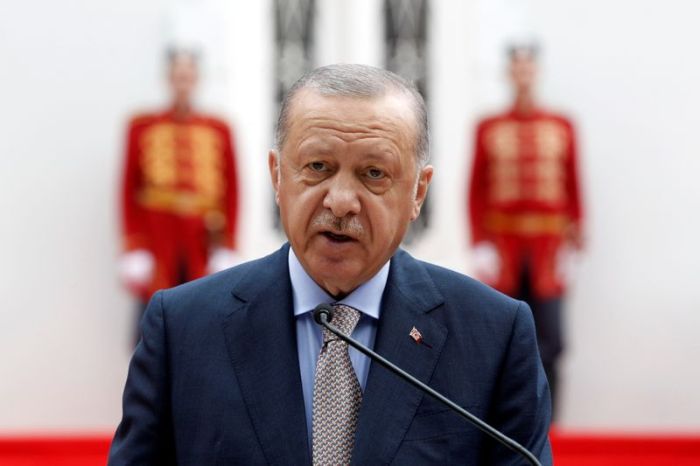By Anna Wlodarczak-Semczuk and Sarah Morland
WARSAW (Reuters) -Poland’s Constitutional Tribunal again postponed on Tuesday a planned ruling on whether the country’s constitution or European Union treaties take precedence, a verdict that could call into question the bloc’s legal order.
Proceedings, originally set for July, were adjourned until Sept. 22 following a motion from Poland’s Human Rights Ombudsman that one of the judges, former ruling party lawmaker Stanislaw Piotrowicz, should not participate as he had been involved in judicial reforms opposed by Brussels.
“A judge of the Constitutional Tribunal whose attitude towards the EU is marked by far-reaching criticism or even hostility cannot adjudicate on the constitutionality of EU treaties,” said the office of ombudsman Marcin Wiacek, who was nominated by the opposition and appointed by parliament in July.
The catalyst for Tuesday’s sitting had been a long-running dispute with the EU over changes to the court system in Poland. Brussels is angered by what it sees as attempts to undermine the independence of the judiciary. Warsaw accuses Brussels of unjustified meddling in its internal affairs.
The primacy of EU laws over national ones is a key tenet of European integration. Opposition politicians say Prime Minister Mateusz Morawiecki’s challenge to this tenet not only jeopardises Poland’s long-term future in an EU that has helped drive its economic growth, but also the stability of the bloc itself.
“It would lead to Europe a la carte, where different countries apply the EU law differently… (EU law) needs one referee, and the referee is the European Court of Justice,” said European Values and Transparency Commissioner Vera Jourova.
‘POLEXIT’?
Poland argues that the EU treaties do not give Brussels the right to interfere with the judicial systems of member states.
“The constitution is the highest law in our country,” Cabinet Minister Michal Wojcik said in a statement to Reuters. “If it were otherwise, it would mean that we are not a sovereign state. We did not agree to this in the EU treaties.”
Some lawyers use the term “Polexit” to describe what they say are Warsaw’s efforts to remove itself from the EU’s legal framework, but Poland is unlikely to exit the bloc anytime soon.
The EU has no legal way to expel countries and surveys show an overwhelming majority of Poles support membership. But some government critics say Poland risks an eventual loss of EU funding.
The government has been accused of politicising the judicial system, including the Constitutional Tribunal. Poland’s ruling Law and Justice party (PiS) says the reforms were needed to remove communist-era influence.
The EU’s top court also ruled last month that a Polish disciplinary chamber for judges was illegal, a day after the Constitutional Tribunal in Warsaw ruled that Poland should ignore a previous demand to stop the chamber operating.
Following a threat of possible EU financial penalties, Poland said it would disband the chamber, but failed to detail how it would replace it. Brussels has yet to comment on Warsaw’s response other than to say that it is analysing it.
(Reporting by Alan Charlish and Anna Wlodarczak-Semczuk in Warsaw, Sarah Morland in Gdansk, Gabriela Baczynska in Brussels; Editing by Edwina Gibbs and Gareth Jones)



















